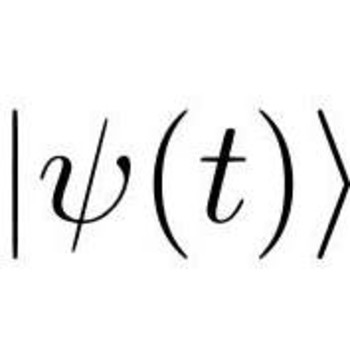A ball with a mass of 5 kg moving at 2 m/s hits a still ball with a mass of 3 kg. If the first ball stops moving, how fast is the second ball moving?
2 Answers
Explanation:
One ball of mass
By the conservation of momentum in moving direction of first ball
Explanation:
We use the law of conservation of momentum, which states that:
where:
m_1,m_2 are the masses of the two balls
u_1,u_2 are the initial velocities of the two balls
v_1,v_2 are the final velocities of the two balls
So, we get:


